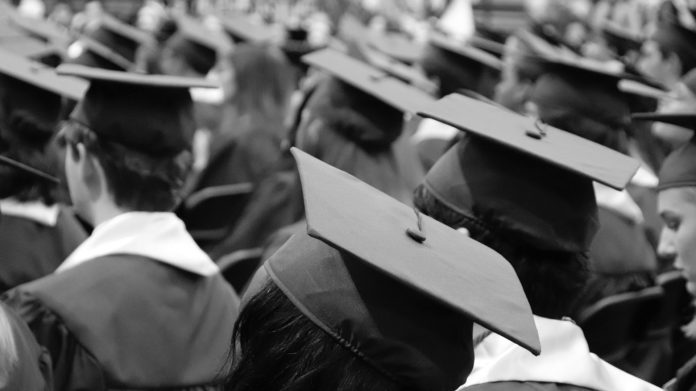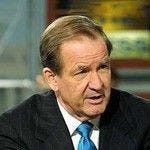While it’s been widely documented that women have been outnumbering men in attaining bachelor’s degrees at currently a 60:40 ratio, a new study by a Duke University researcher considers how those numbers change according to sexual identity.
Ultimately, the study, “Intersecting the Academic Gender Gap: The Education of Lesbian, Gay and Bisexual America,” found that gay men earn significantly more degrees than straight men, while the overall number of lesbian women earning degrees is declining.
 “Across analyses, I reveal two demographic facts,” said Dr. Joel Mittleman, an assistant professor of sociology at Notre Dame and author of the study. “First, women’s rising academic advantages are largely confined to straight women. Although lesbian women historically outpaced straight women, in contemporary cohorts, lesbian and bisexual women face significant academic disadvantages. Second, boys’ well-documented underperformance obscures one group with remarkably high levels of school success: gay boys.”
“Across analyses, I reveal two demographic facts,” said Dr. Joel Mittleman, an assistant professor of sociology at Notre Dame and author of the study. “First, women’s rising academic advantages are largely confined to straight women. Although lesbian women historically outpaced straight women, in contemporary cohorts, lesbian and bisexual women face significant academic disadvantages. Second, boys’ well-documented underperformance obscures one group with remarkably high levels of school success: gay boys.”
According to MIttleman, 52% of gay men in the U.S. have a bachelor’s degree, a total of 16 percentage points higher than the national average. Putting that number into a global perspective, Mittleman writes, “If America’s gay men were considered on their own, they would have, by far, the highest college completion rate in the world: easily surpassing the current leader, Luxembourg, at 46.6 percent.”
Additionally, the study found that 6% of gay men in the U.S. have an advanced degree (J.D., M.D. or Ph.D.), which is 50% higher than the number of straight men with degrees and, notably, is a trend that remained true across the four largest racial/ethnic groups (white, Black, Hispanic and Asian).
Just why gay men are earning more degrees than straight men, is a question Mittleman explores, hypothesizing that gay men may respond to societal homophobia by “overcompensating” academically.
“Whereas the rules of masculinity may feel obscure or unattainable, the rules of school can feel discrete and manageable,” he writes. “Whereas the approval of a parent may be uncertain, the praise of a teacher can be regularly earned with the right amount of effort.”
Meanwhile, Mittleman found that lesbian women were twice as likely to report dropping out of high school than straight women — a trend, he hypothesizes, that could be indicative of teacher discrimination.
The study will be published in the American Sociological Review.








